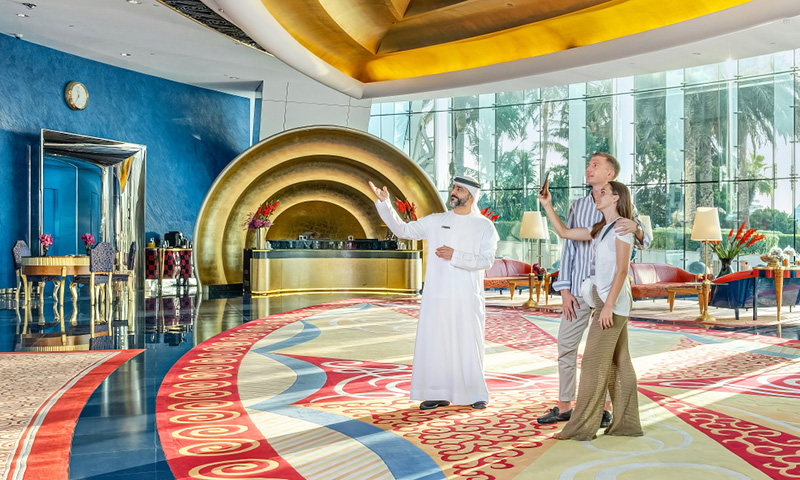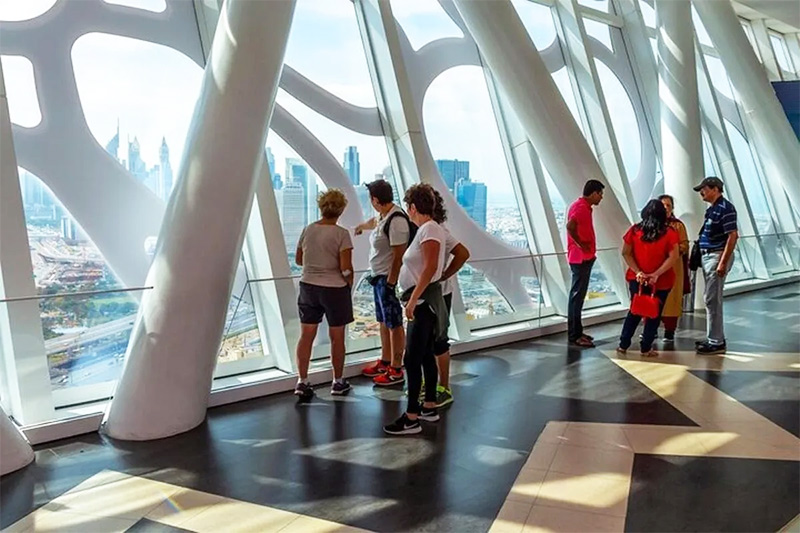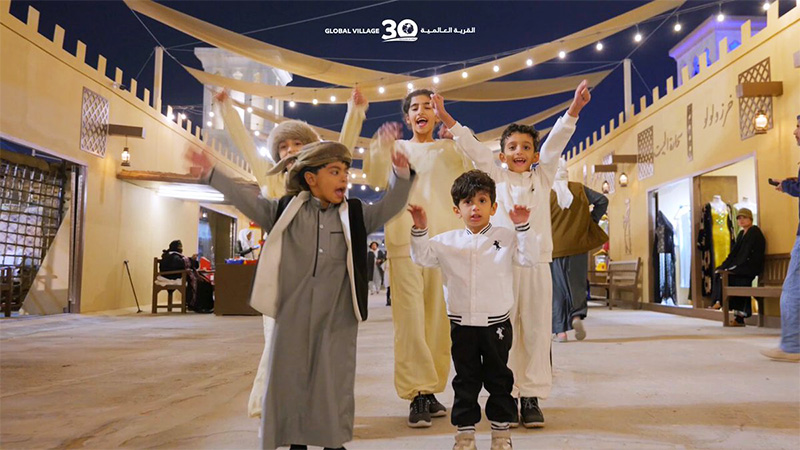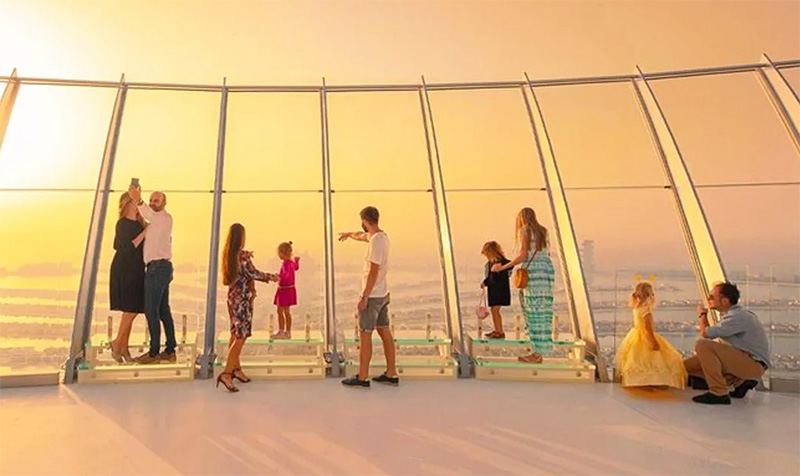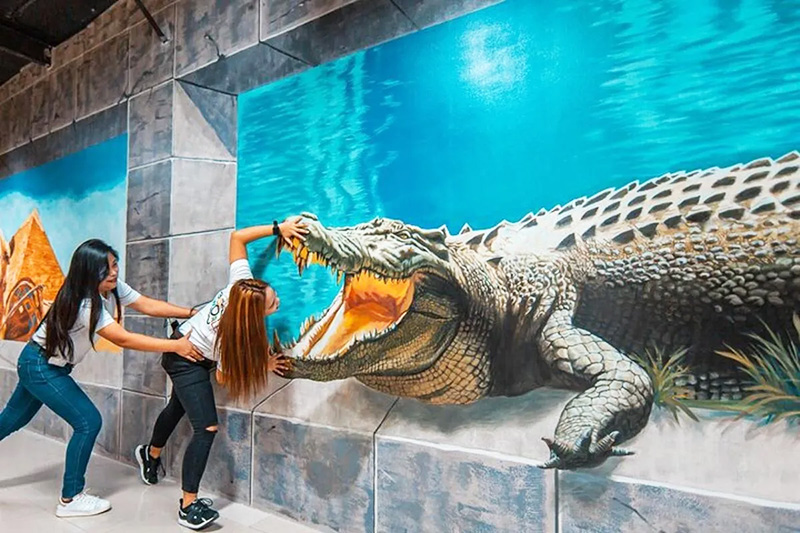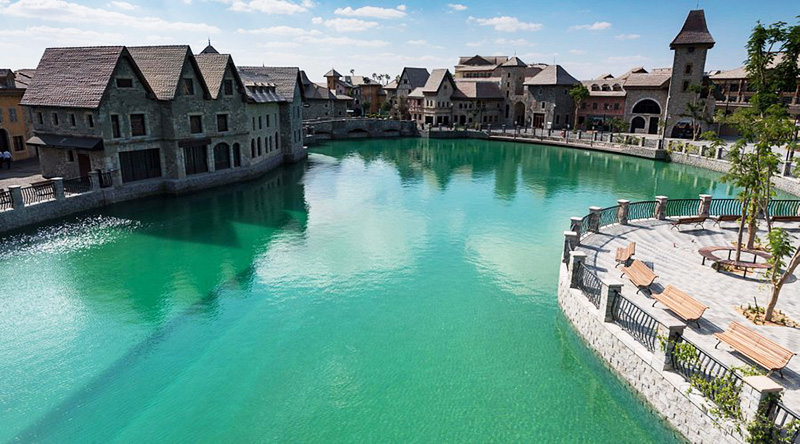
There was a time, not too long ago, when your voice didn’t fly through the air in a second. It had to be recorded — carefully, lovingly — on a cassette tape. Then it would travel by mail, across borders and oceans, to reach the ears of someone waiting.
Those tapes, filled with stories, songs, jokes, and longing, are the heart of a new initiative launched by the Sharjah Art Foundation. Called “Archival Cassette Correspondence,” the project is a quiet tribute to a lost form of communication — one that meant everything to families who couldn’t be in the same place.
In the days before WhatsApp and Zoom calls, cassette tapes served as emotional lifelines, especially for people who had left their home countries for work or study. You’d sit in a quiet room, press “record,” and talk — maybe about your day, maybe just to hear your own voice reaching someone far away.
The Foundation is now asking people across the UAE to look in their drawers, closets, and shoeboxes — and see if they have any of these forgotten treasures. They’re collecting tapes recorded between 1970 and 2000, particularly those with personal messages exchanged between residents of the Emirates and their loved ones.
All languages are welcome. Arabic, Urdu, Malayalam, Tagalog the Foundation sees value in every voice, every dialect, every emotion frozen in time.
What’s especially touching is that these aren’t polished recordings. Many are raw, crackling, full of background noise — kids laughing, TVs humming, doors opening. But that’s exactly what makes them powerful. They aren’t just sounds — they’re memories.
The project isn’t about nostalgia for the sake of it. It’s about capturing something real — a slice of everyday life that tells us how people stayed close when the world was far apart.
If you’ve got an old cassette stashed away, you might just be holding a piece of history. And now, there’s a place for it to be heard again.
